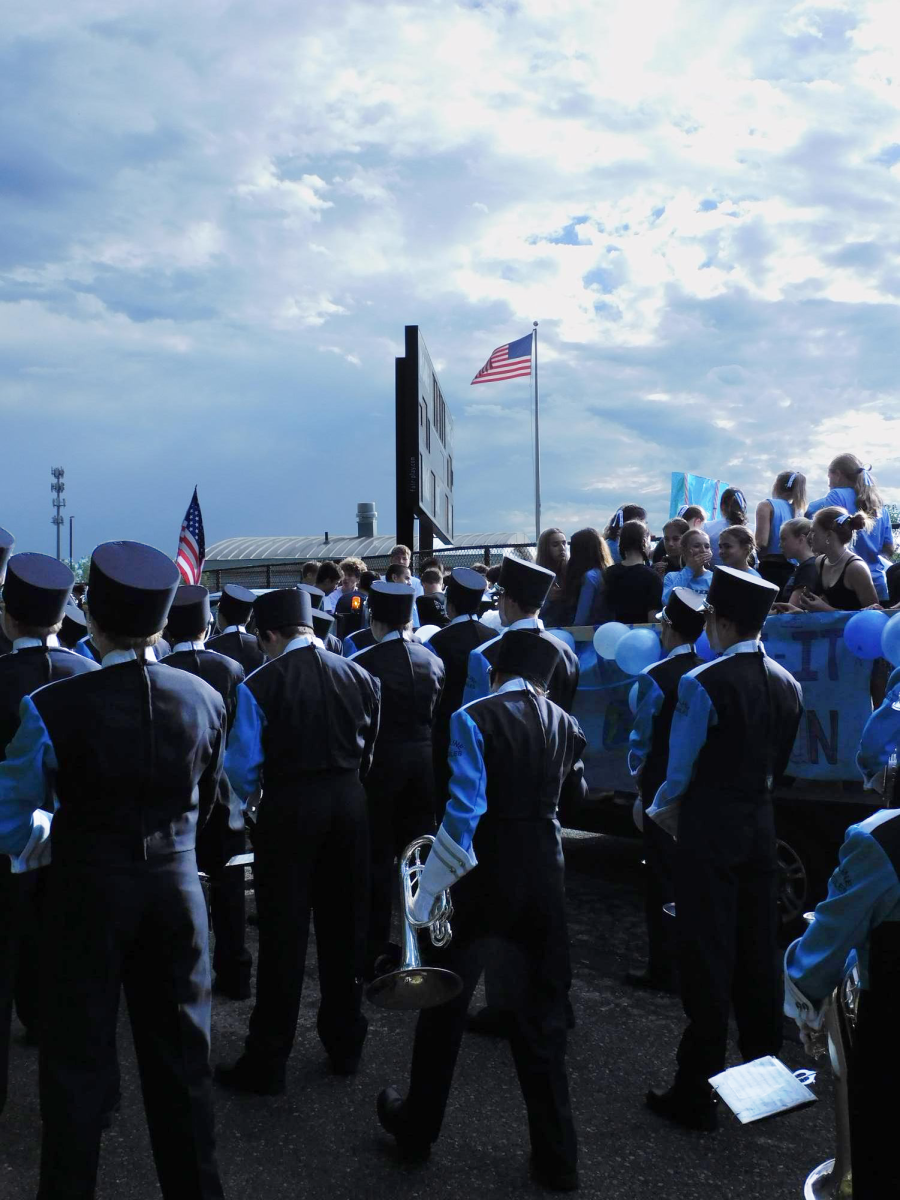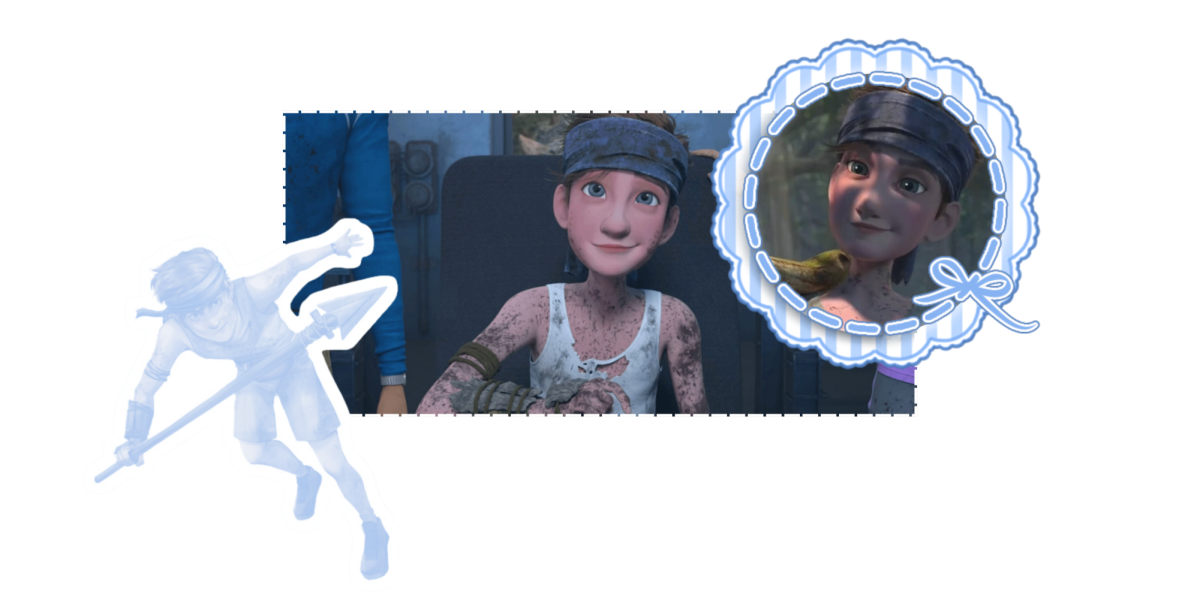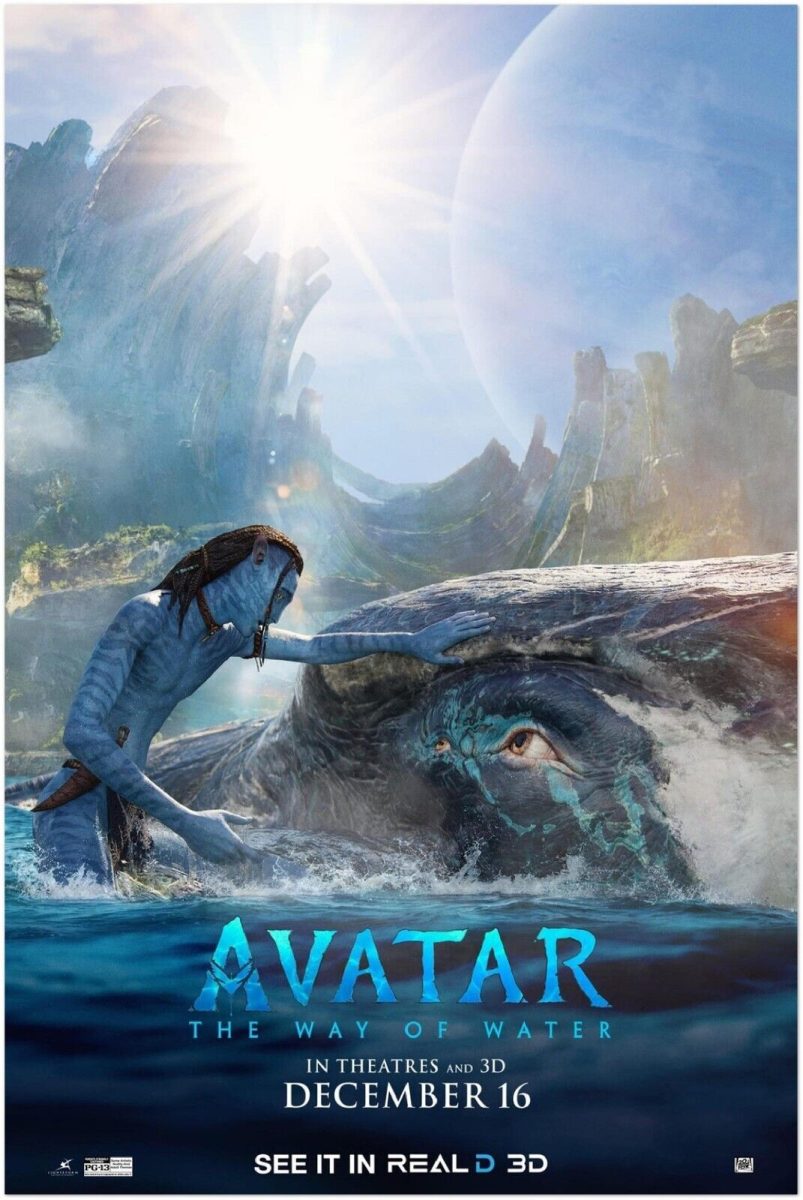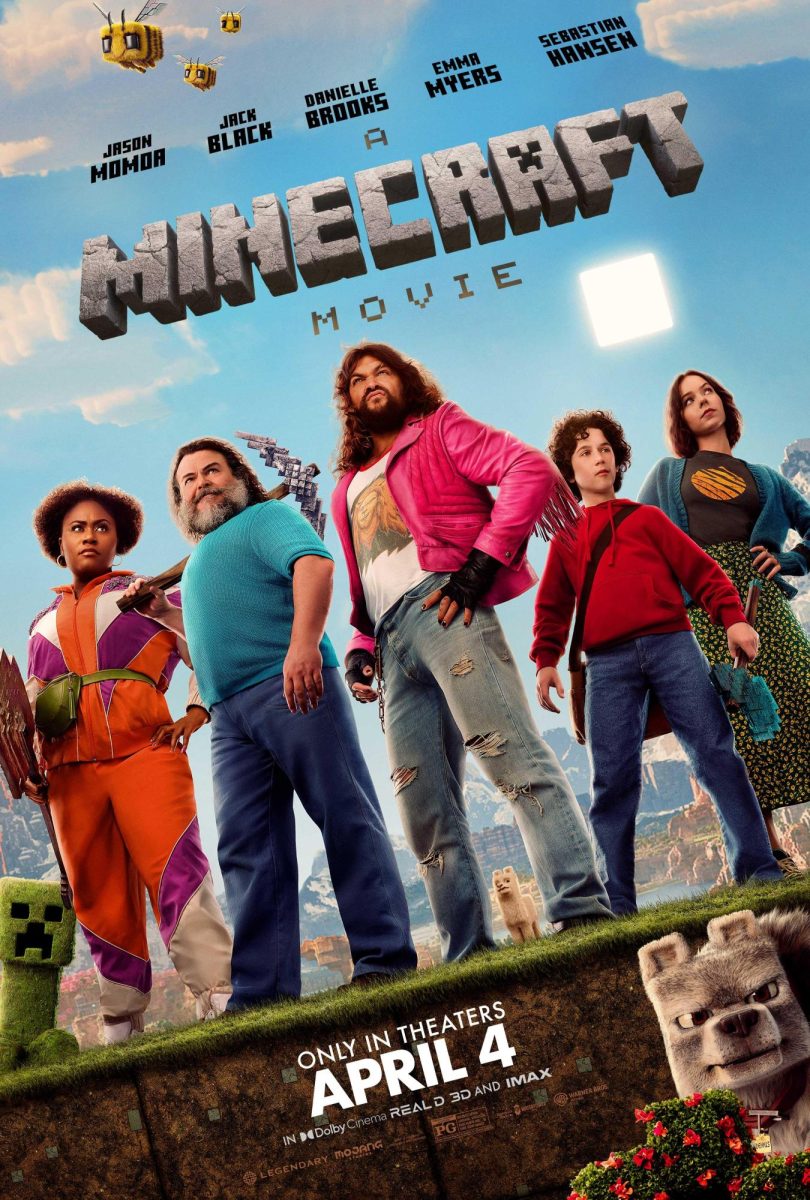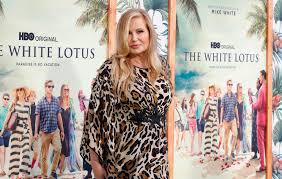
White Lotus, HBO’s new blockbuster show written and directed by Michael White, has taken the world by storm with its luxurious settings and provoking yet relatable characters. Most viewers preferred season two to season one because of the faster moving and more vindictive plot. While both seasons expose the materialistic and barbaric desires that plague our society, I believe season one does a better job of capturing the horrible yet undeniably innate aspects of human nature.
In season one, the characters’ personality traits are more realistic, creating a confusing internal battle for viewers choosing between feeling empathy or disdain. Shane from season one and Cameron from season two both play essentially the same role: entitled East Coast businessman. However, Shane, played by Jake Lacy, seemed much more relatable because of his branded clothing, misogynistic attitude towards Rachel, and blatant disregard for customer service workers. Cameron in season two, played by Theo James, was too likable – at least, before we found out about his cheating. We all know a “Shane”; patronizingly disgusting but gets by with his family’s money. No one knows a “Cameron”; a wall street entrepreneur who has both a devoted wife and secretly polluted yet publicly successful career.
both play essentially the same role: entitled East Coast businessman. However, Shane, played by Jake Lacy, seemed much more relatable because of his branded clothing, misogynistic attitude towards Rachel, and blatant disregard for customer service workers. Cameron in season two, played by Theo James, was too likable – at least, before we found out about his cheating. We all know a “Shane”; patronizingly disgusting but gets by with his family’s money. No one knows a “Cameron”; a wall street entrepreneur who has both a devoted wife and secretly polluted yet publicly successful career.
The separation among hotel guests was much more believable in season one than the intimate relationships in season two. In season one, Rachel’s first attempt at making conversation with Olivia and Paula, her younger counterparts, ended with them suggesting Rachel’s husband could pay off her loans because “he’s super rich.” Though this is a wildly inappropriate thing to say to a stranger, it’s not above travelers to elicit awkward encounters. In contrast, guests in season two combine vacations and rarely spend time alone as a family. The humorously unsolicited commentary in season one is more relatable.
 The plot in season one was less vindictive and fantastical, making it easier to connect to, and thus, more interesting to follow. The accidental fate at the end of season one had a humorous aspect because of its inclusion of fecal matter and situational contradiction to Shane’s very cowardly demeanor. Tanya’s fate in season two was technically an accident, but one that followed a slew of vindictive, mafia-esque plot turns. Though it was a little bit of a reach, the death in season one could happen to anyone, making it terrifyingly relatable.
The plot in season one was less vindictive and fantastical, making it easier to connect to, and thus, more interesting to follow. The accidental fate at the end of season one had a humorous aspect because of its inclusion of fecal matter and situational contradiction to Shane’s very cowardly demeanor. Tanya’s fate in season two was technically an accident, but one that followed a slew of vindictive, mafia-esque plot turns. Though it was a little bit of a reach, the death in season one could happen to anyone, making it terrifyingly relatable.
Season one was filmed during October-December of 2020’s Covid-19 lockdown, meaning they “could not leave the hotel,” White noted in a 2021 Vanity Fair interview. It speaks volumes that the first season was more intriguing than the second season, despite being limited to only one location.
Even when they had more freedom to travel beyond the hotel in the second season, I still found myself more enthralled with the first season. White’s dark score, usage of motifs, and gothic frames in season one kept me paying attention to the characters every word, action, and flinch, making me notice the characters’ flaws more than I would if I was promised an emotional rollercoaster from the beginning.
Some would argue the intimate themes of season two such as infidelity, intimate addictions, and escorts were just as important to unpack. Though I agree it was important to touch on these taboo topics, I don’t think they were as eloquently represented as the economic issues discussed in season one. The theme of using money to manipulate people who are in a vulnerable place was clearly presented in Shane and Rachel’s marriage and Tanya and Belinda’s supposed business deal in season one. Both stories were brought up in every episode and scripted so that we felt the pain of all characters involved. In season two, Dominic Di Grasso’s intimacy addiction was briefly touched on and never developed; to most viewers they saw it as a character flaw rather than a destructive urge like any other substance addiction.
The main takeaway from the show, White noted in a 2022 interview with NPR, is supposed to be that “if you’re in paradise and you feel like something’s missing or you’re melancholy or you’re tortured, you know it’s not the ambient nature of what’s going on – it’s something in you.” Both seasons offer insightful criticism on society, but watchers should prioritize the first season for context and enjoyment.
White is currently working on the third season of the series which will hopefully be even more unassuming and groundbreaking than the first two.

